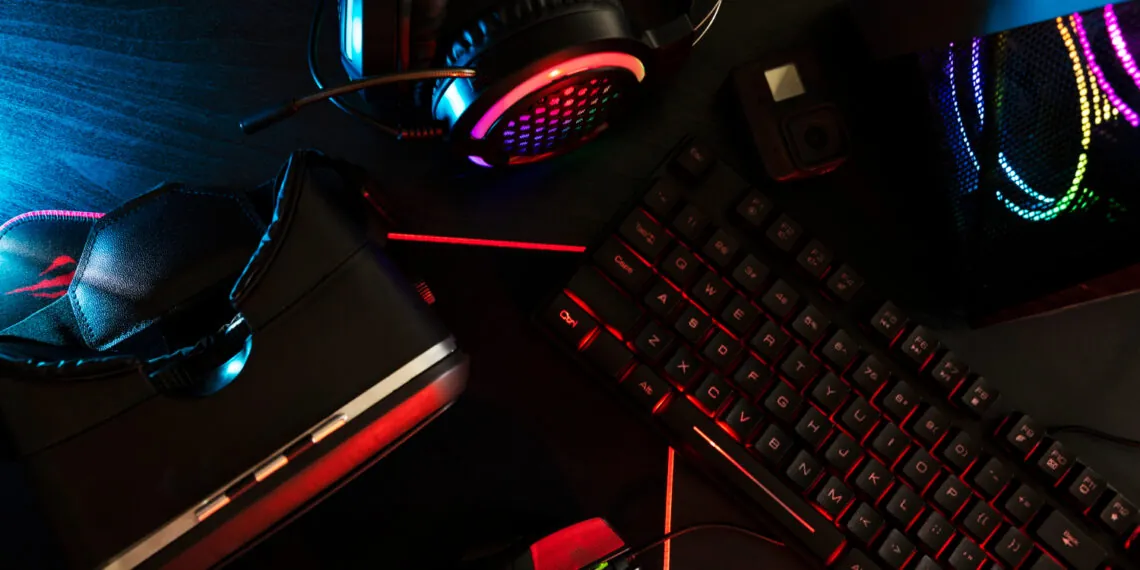In the dim glow of monitors, the team gathers. Controllers lie abandoned, notebooks bristle with scrawled notes, and the hum of the build pipeline pulses through the room. Tonight, we’re not just shipping code—we’re rebalancing the gravity within Cost Of War’s world. Gear, weapons, AI: each component shifts imperceptibly yet profoundly, ready to rewrite how you navigate the firefight, weigh your morality, and taste the echo of every bullet.
Reforging Gear: When Armor Feels Like a Second Skin
Weeks ago, our armor values were immovable. Plate carriers had become crutch or fortress, depending on your playstyle. We tracked hundreds of thousands of player encounters: watching PRS units shrug off explosions, or spec-ops squads flinch at a single .338 round. The data was stark. Our goal was never to punish players, but to make every decision a pulse of tension.
In the design chambers, we tore armor apart. Kevlar weaves lost a fraction of protection, ceramic plates found new weak spots—overhead shrapnel now tears threads rather than bouncing clean. We introduced micro-degradations: plate carriers soften after sustained fire, and weathershifted); a soaking rain half-drowns kevlar fibers, forcing you to choose between speed and cover. You’ll feel each raindrop weigh on your resilience and momentum.
Weapon Tuning: The Art of Controlled Chaos
Every weapon in Cost Of War carries a story. The M4 you cling to on Level Shoreline Conversation was inspired by our lead animator’s father’s rifle. Yet even this personal connection couldn’t shield it from balance scrutiny. Recoil patterns were too forgiving, turning tense showdowns into predictable dance routines. We needed chaos that shaped strategy, not broken randomness.
Enter the new recoil curves. Picture yourself leaning around a concrete pillar. The first shot kicks your sights upward sharply—an audial crack echoes in your headphones—then stabilizes into a tighter climb. Follow-up bursts demand precise micro-adjustments. We tuned muzzle flash to obscure your target momentarily, forging a visceral compromise: accurate fire or fleeting visibility?
Reload times also underwent a cinematic rebuild. The new “slap-and-slide” animation adds half a second to the reload of pistol-caliber SMGs—enough to feel the tension when an enemy flanks you. We weaponized impatience, and reintroduced vulnerability to every magazine ejection.
AI Overhaul: Ghosts That Learn Your Moves
On the quiet range, bots fired at static targets. But on the frontline, embattled squads learn. Our AI now reads your pacing, anticipates your habit of corner-cutting, and advances in small units to flush you out. In night missions, they huddle near moonlit walls, trusting shadows more than modern optics.
We built a three-tier behavior system. “Insurgent” AI fights with reckless abandon—naïve and raw. “Veteran” AI coordinates flanking, uses suppression fire, and calls in mortar support. “Ghost” AI hides quietly, sets up ambushes, and retreats when outgunned. You’ll come to dread the hush before a Ghost’s frag grenade arc whispers past your position.
The team recorded VO lines to capture that flicker of fear. We spent nights in an empty hangar, using directional microphones on dummies—each shout, each curse, each alert trigger pulled directly from real combat recordings. The result is a soundtrack of dread that binds AI tactics to palpable emotion.
Balancing Act: The Emotional Ledger
Behind every numerical tweak lies a narrative choice. We could soften a weapon simply by adding recoil, but we opted to let the flash blind you too—creating a moral subtext: precision comes at a cost. We could buff armor, but instead we made storms degrade it over time—introducing environmental storytelling in every raindrop. These aren’t sterile adjustments; they are the push and pull of survival, the ledger of emotional weight you carry through battle.
Our QA team, many of whom are veterans or active-duty advisors, tested each build in full-gear sessions. They emerged with stories: “I had to choose between reviving my partner in the open trench or retreating to heal,” one tester recounted, voice still tight. “I chose wrong. I can’t stop replaying that moment.” Balance isn’t just numbers; it’s a crucible for memory.
Looking Ahead: Player-Crafted Battlefields
The Balance Update is not a final destination but a waypoint. We’ll be listening to your field reports—your aligned shots, your narrow escapes, your AI outmaneuvers. Soon, we’ll add dynamic weather events that shift armor integrity further, and introduce reactive AI squads that rebuild their strategies between matches.
This is guerrilla design, a living battlefield that breathes with you. Every patch note, every stat shift, is a brushstroke on our communal canvas of conflict. We invite you to load in, feel the weight of every round, and shape Cost Of War’s next chapter in the fires of your experience.
From our war room to yours—thank you for joining us behind the frontlines.







